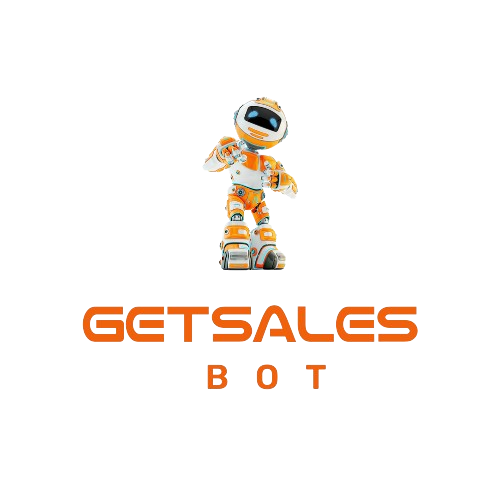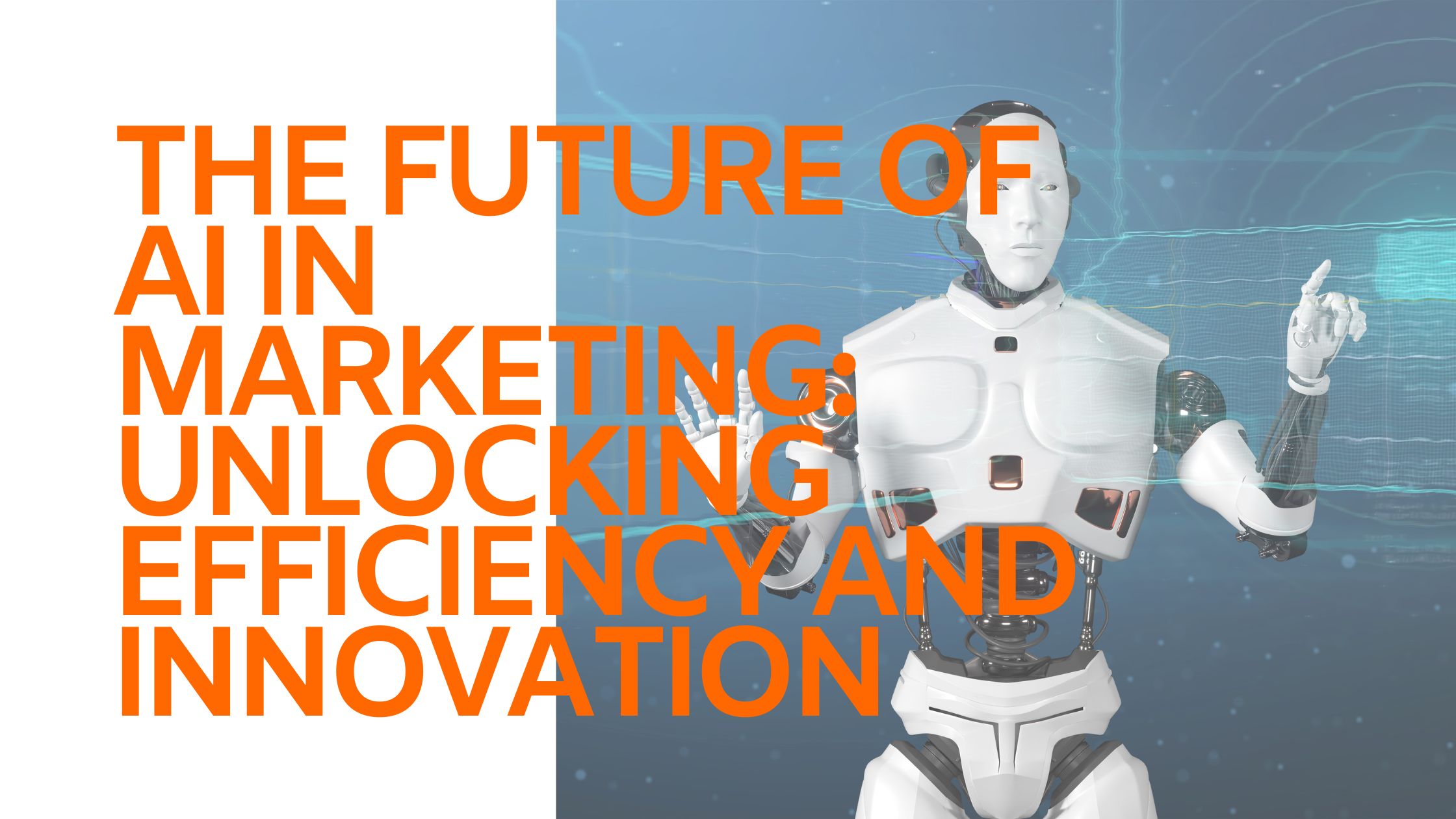When we consider the landscape of digital advertising, one statistic stands out: Google’s ad revenue hovers around a staggering $160 billion over the past year. This figure is a testament to the vast scale of online advertising, but it also begs a critical question: how much of that ad spend is wasted?
Imagine a scenario where all analytics are seamlessly integrated into a single platform, with real-time alerts that notify you of inefficiencies in your campaigns. This isn’t just a dream; it’s the future of AI in marketing. With AI’s ability to analyze data quickly and efficiently, businesses could save significant amounts of money by identifying and addressing wasted ad spend before it balloons into a larger issue.
One of the key challenges today is that despite the vast amounts of data available, many marketers fail to act on it. From my experience speaking at conferences, it’s clear that a majority of marketers don’t check their analytics regularly, and even fewer take action based on that data. This is where AI can step in, not just as a tool for automation but as a decision-making partner that can recommend actions like increasing, decreasing, or pausing ad spend based on real-time data.
Contents
The Power of AI-Driven Insights
Tools like HubSpot’s ChatSpot are pioneering this shift by allowing users to ask complex questions like, “What’s the average lifetime value of a customer over the last six months?” and get answers instantly. In the past, this kind of query might have taken days to get a response from your team, often requiring multiple rounds of refinement. With AI, not only do you get the answer immediately, but it can also provide actionable insights that are crucial for strategy development.
The ability to test and learn rapidly is another major advantage of AI. For example, in our experiments with AI-generated content, we found that while manually created content still outperformed AI content in many cases, AI excelled in creating basic tools and infographics that drive traffic and generate backlinks. These tools don’t need to be complex; even a simple A/B testing calculator can be a game-changer, especially when it’s powered by AI that helps in data collection and story development.
Understanding AI: Beyond Automation
It’s important to understand the different levels of AI—automated intelligence, augmented intelligence, and true artificial intelligence. Most of what we see today falls into the first two categories, where AI helps automate and augment tasks, saving time and improving efficiency. True artificial intelligence, where machines can think and adapt like humans, is still on the horizon, but we’re moving closer every day.
For instance, the concept of an “Eric Sui GPT” or a personalized AI that can pull together all the knowledge from various sources and provide tailored advice is not far-fetched. This level of AI can revolutionize how we interact with technology, making it possible to get personalized, expert-level guidance on demand.
The Ethical Evolution of SEO and AI
As AI becomes more integrated into marketing, it’s crucial to approach it with the right mindset. In the early days of SEO, many marketers, including myself, dabbled in Black Hat tactics to achieve quick wins. However, these strategies were short-lived and often resulted in penalties that hurt long-term success. Today, I advocate for a white-hat approach, focusing on sustainable strategies that deliver lasting results.
The same principle applies to AI. While it might be tempting to look for shortcuts or rely entirely on AI for tasks, the real value comes from combining AI with human creativity and strategic thinking. This approach not only ensures compliance with ethical standards but also maximizes the long-term benefits of AI.
Thinking Bigger with AI
In the words of the late Tony Hsieh, founder of Zappos, “Whatever you’re thinking, think bigger.” This mindset is essential as we explore the potential of AI in marketing. While AI is already proving valuable in content creation and automation, its true potential lies in its ability to transform how we think about and approach marketing.
From personalized content recommendations to advanced data analytics and beyond, AI is set to redefine the marketing landscape. But to fully harness its power, we must think bigger and push the boundaries of what’s possible. Whether you’re a seasoned marketer or just starting out, embracing AI with a forward-thinking mindset will be key to staying ahead in this rapidly evolving industry.
In conclusion, AI in marketing isn’t just about making processes more efficient—it’s about unlocking new possibilities, driving innovation, and ultimately, achieving greater success. The future is bright for those who are willing to experiment, learn, and adapt to the changes AI brings to the table.

